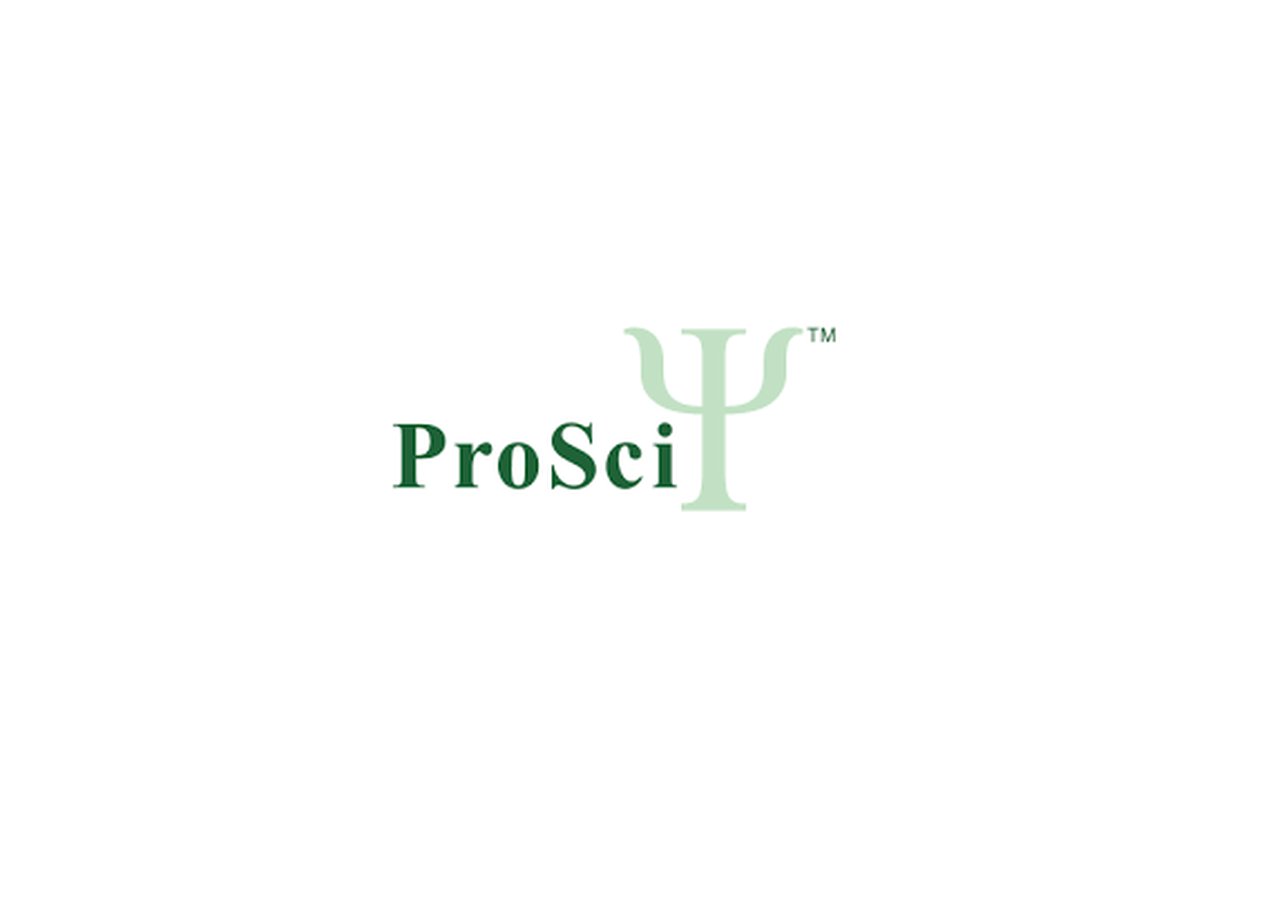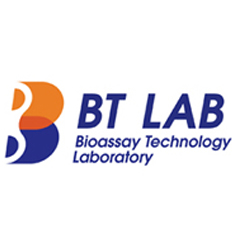Product Description
CDK4 Antibody | 13-154 | ProSci
Host: Rabbit
Reactivity: Human, Mouse, Rat
Homology: N/A
Immunogen: Recombinant fusion protein containing a sequence corresponding to amino acids 1-303 of human CDK4 (NP_000066.1) .
Research Area: Cancer, Cell Cycle, Signal Transduction
Tested Application: WB, IHC, IF, IP
Application: WB: 1:500 - 1:2000
IHC: 1:50 - 1:200
IF: 1:50 - 1:200
IP: 1:50 - 1:200
Specificiy: N/A
Positive Control 1: HeLa
Positive Control 2: MCF7
Positive Control 3: N/A
Positive Control 4: N/A
Positive Control 5: N/A
Positive Control 6: N/A
Molecular Weight: Observed: 34kDa
Validation: N/A
Isoform: N/A
Purification: Affinity purification
Clonality: Polyclonal
Clone: N/A
Isotype: IgG
Conjugate: Unconjugated
Physical State: Liquid
Buffer: PBS with 0.02% sodium azide, 50% glycerol, pH7.3.
Concentration: N/A
Storage Condition: Store at -20˚C. Avoid freeze / thaw cycles.
Alternate Name: CDK4, CMM3, PSK-J3
User Note: Optimal dilutions for each application to be determined by the researcher.
BACKGROUND: The protein encoded by this gene is a member of the Ser/Thr protein kinase family. This protein is highly similar to the gene products of S. cerevisiae cdc28 and S. pombe cdc2. It is a catalytic subunit of the protein kinase complex that is important for cell cycle G1 phase progression. The activity of this kinase is restricted to the G1-S phase, which is controlled by the regulatory subunits D-type cyclins and CDK inhibitor p16 (INK4a) . This kinase was shown to be responsible for the phosphorylation of retinoblastoma gene product (Rb) . Mutations in this gene as well as in its related proteins including D-type cyclins, p16 (INK4a) and Rb were all found to be associated with tumorigenesis of a variety of cancers. Multiple polyadenylation sites of this gene have been reported.
 Euro
Euro
 USD
USD
 British Pound
British Pound
 NULL
NULL








![CDK4 Antibody [3F6A4] CDK4 Antibody [3F6A4]](https://cdn11.bigcommerce.com/s-452hpg8iuh/images/stencil/500x659/products/572594/805742/porsci_lo__79508.1648973713__77455.1649090930.png?c=2)



